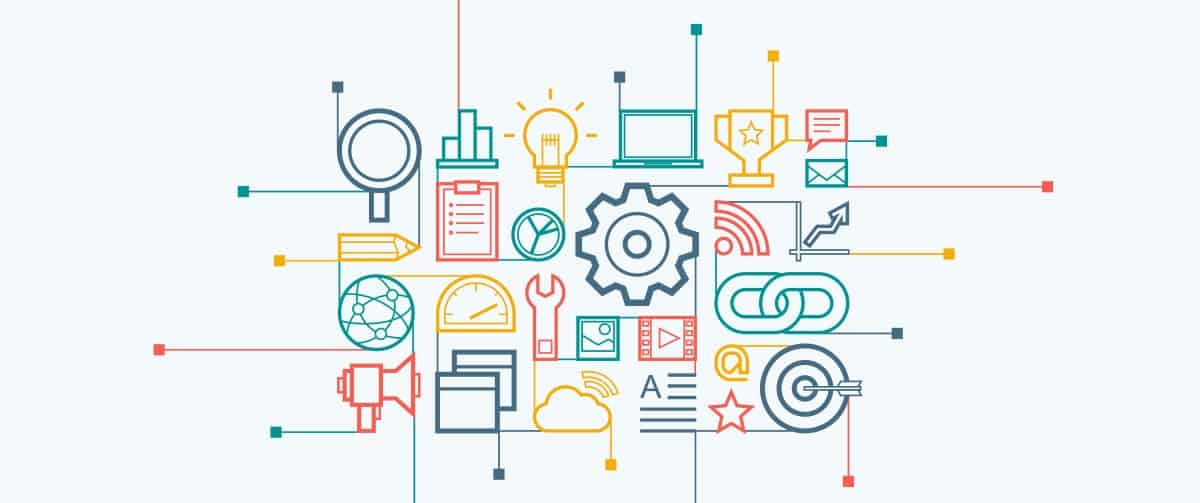Microsoft Azure Cloud, Custom .NET Core Application Portal, Power-BI, Active Directory and Power Automate
- About Us
- Services
- Application Development
- Application Modernization
- AI/ML Development
- BI and Analytics
- SharePoint Consulting Services
- Mobile App Development
- UI/UX Services
- Office 365 and Microsoft 365 Services
- Cloud Enablement
- Digital Transformation Consulting
- Industry 4.0/5.0
- Virtual and Augmented Reality (VR/AR)
- IOT Development Services
- Software Development As-A-Service
- Adaptive Automation
- Solutions
- Careers
- Contact Us
close







